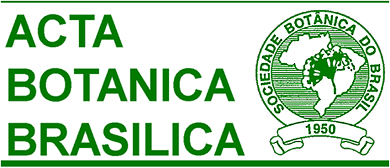ABSTRACT
Fire-related cues may enhance seed recruitment in flammable ecosystems and differences in fire-germination responses of invasive vs. native species can drive the invasion process. We evaluated the effects of heat shock and smoke water solution treatment on seed germination of invasive (Melinis minutiflora, Urochloa decumbens, U. brizantha) and native grasses (Axonopus pressus, Aristida setifolia, Gymnopogon foliosus) of the Cerrado. The effect of fire temperature was tested by exposing seeds to heat shock treatments of 60, 100, and 200 °C for one minute, comparing them to untreated seeds. The effect of smoke was tested by soaking seeds for 24-h in an aqueous smoke comparing them to seeds soaked in distilled water. Differences among treatments were evaluated by ANOVA and randomization tests. None of the tested species had germination stimulated by the temperature or smoke. Both species of Urochloa experienced decreased viability with increasing temperature, while seeds of native species and M. minutiflora tolerated heat shock up to 200 °C. The invasive grasses usually germinated faster than the native grasses. Germination time is therefore a crucial trait driving the invasion process, irrespective of fire-related cues. Other seed traits (e.g. dormancy) and higher resprouting capacity may help invasive species to persist in frequently burned savannas.
Keywords:
African grasses; Cerrado grasses; fire temperature; Melinis minutiflora; smoke solution; Urochloa brizantha; Urochloa decumbens
